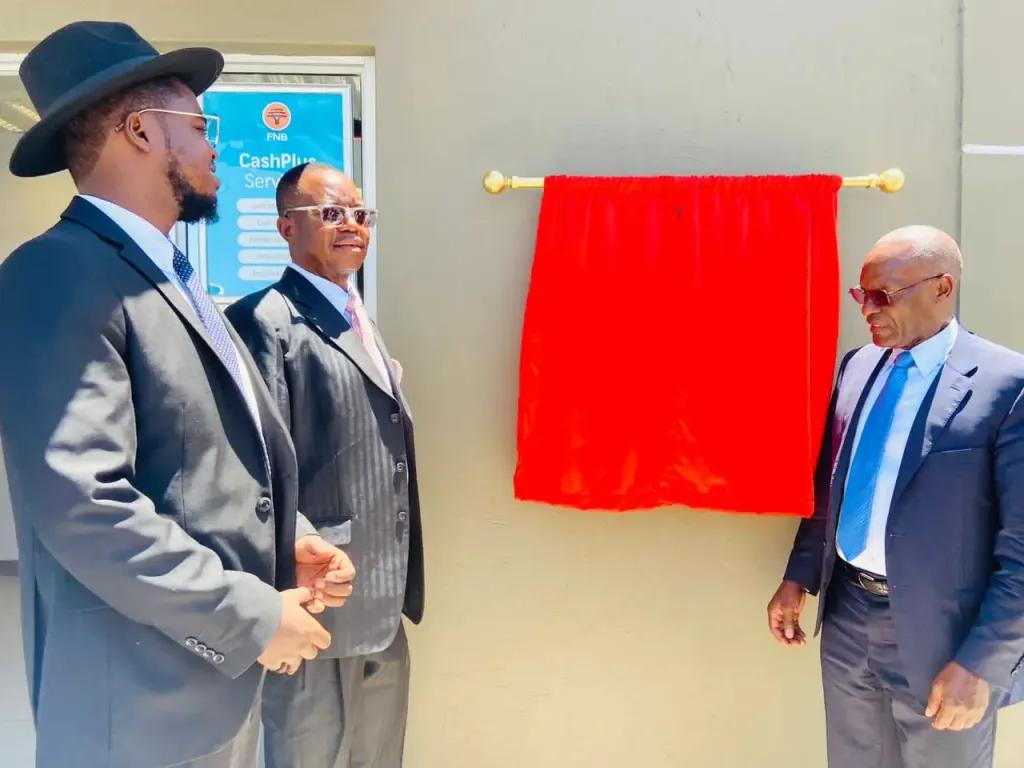Africa-Press – Namibia. THE illegal importation of cheap fuel from Angola to Namibia is killing service stations in the northern part of the country.
This is according to former NamPower Managing Director, Paulinus Shilamba, who shared his concerns at an official opening of his Okatana filling station at Oshakati on Friday.
Shilamba said the retail fuel supply industry has been struggling to survive due to the higher fuel prices and lower sales volumes caused by the Russia/Ukraine war and the continuous illegal importation of cheaper fuel from Angola, the so-called “ngungula”, during this period.
The Angolan fuel is sold on the black market at N$350 per 25-litre container of petrol and N$400 for diesel.
This has negatively affected some service stations, resulting in closures or retrenchment.
“We appreciate the measures being taken by our government to rescue the situation but believe that more can be done especially from the law enforcement side to completely eliminate illegal importation of cheaper fuel into the country,” he said.
Minister of Mines and Energy Tom Alweendo admitted that fuel is cheaper in Angola, such that we have witnessed an increasing volume of fuel that is brought into the country illegally and sold locally.
Alweendo noted with concern the country has faced an ever-increasing fuel price. This is a phenomenon that has been going on for almost over three years.
In 2019, the average petrol price per litter was N$13 and, in 2022, the average price was N$20.
This is an increase of 54%.
He explained that the increase in the fuel price is due to fluctuations in the international price of crude oil.
Because of the high fuel price in the country, there has been a public call for government to buy fuel from Angola, because fuel is much cheaper in Angola
“As a government, this is of great concern to us because it is putting
a heavy burden on the consumer and has a detrimental effect on industries such as agriculture, that uses huge quantities of diesel,” he said.
According to him, this has a devastating effect on the country’s fuel retail sectors and has disrupted fuel retail businesses, especially those bordering Angola.
Given the nature of the border, Alweendo indicated that efforts from Namibia as well as Angola to contain the illegal activity has proven difficult.
He noted that they will continue to work with their Angolan counterparts to see how best they can deal with this difficult issue that has a detrimental effect on both countries.
For More News And Analysis About Namibia Follow Africa-Press






